278 posts
Latest Posts by glitches25 - Page 5


Final/Part 4: Messing with straight hair!








Part 3: Combining shapes, braids, and textures! And utilizing parts and fros!











Part 2: shape, style, and length with femme styles!








Okay I JUST realized I never posted these on here—- BUT BASICALLY, about a year and a half ago I started doing these experimental black hairstyle posts that were threads long on Twitter, to give artists a source of inspo for their black ocs whose hair they wanted to try something new with! There’s more to black hair than just the selected styles portrayed in media, and I thought it would be fun to show people how much texture, shape, fades, length, and style can be combined when drawing black hair—-cause it’s a kind of manipulation our hair can do irl! The OG posts were lost with the hacking of my original Twitter account (@/bagels_donuts) but I’ve since reuploaded the whole thread to my new Twitter (@/ItsDonutsFR)! I hope artists on tumblr find these useful, sorry it took me so long to post them here😭🙏🏾 I’ll upload them all in parts!








Part 1: Long masc hairstyles + playing with fades



She is complete….! Really loved inking this one




Brachiosaurus Monster that evolved in the deep dark caves, all its bones are cartilage and every part of it is prehensile to fit in crevices.
it climbs along walls, and is quite as a mouse.
Tewkensuchus: King of Punta Peligro
Last month we got our fourth croc of the year and our second notosuchian: Tewkensuchus salamanquensis (Forehead crocodile from the Salamanca Formation), a large-bodied sebecoid from the earliest Paleocene of Argentina. And GODDAMN is it a cool one.
Below some of the fossil material of Tewkensuchus, it doesn't look like much but stay with me for this post.

Starting with the fossil material, Tewkensuchus is admittedly not the most complete sebecid, hell Dentaneosuchus from two years ago is significantly better preserved. Essentially, Tewkensuchus preserves a bit of the skull and a few vertebrae. But the material we do have is exceptional in other ways. Like some European sebecoids, it had a high and broad sagittal crest that extends over its forehead flanked by two broad depressions. Remember the similarity to European sebecoids, thats gonna come back later. Theres also some interesting stuff in how the bony eyebrows, the palpebrals, articulate with the rest of the skull.
What is REALLY weird however is the shape of the postorbitals. Quick anatomy lesson, in crocs the postorbitals form the front corners of the skull table thats located just behind the eyes. They tend to be flat, but in the case of Tewkensuchus they are inclined so that they rise upwards behind the eyes. Now we have plenty of examples of crocodylomorphs with raised squamosals, giving them a somewhat ear-like appearance, but raised postorbitals are a new one.
Below: An artistic interpretation of Tewkensuchus featuring its unique cranial morphology by Manusuchus (give them a follow) from different angles.



One last thing on its anatomy, it was BIG. And I mean big. The team that described Tewkensuchus estimate that its complete skull might have been just over half a meter long, so some 20 inches. This might correspond to a weight of perhaps 300 kg (660 lb), larger than even the largest Cretaceous Baurusuchids.
Now, I hope you remember the part where I said that theres similarities to European sebecoids. Well that sentence has two key points the paper deals with. First of all, the connection to European forms itself. Phylogenetic analysis seems to indicate that despite being found in Patagonia, all its closest relatives are from the Eocene of Europe. These are the recently named giant Dentaneosuchus from France, Bergisuchus from Germany and Iberosuchus (I'll let you figure that one out for yourselves). So after Tewkensuchus disappears South America is inhabited by only distant cousins while its closest relatives show up some 20 million years later on the other side of the Atlantic.
The other noteworthy part of the statement is the use of "Sebecoid" rather than sebecid. That's because of taxonomic back and forth. Essentially, a few previous studies have not included European sebecoids (Bergisuchus and Iberosuchus) within the family Sebecidae, instead featuring them as a separate branch that split off beforehand. In some studies that branch is known as Bergisuchidae, in others they are two branches, you get the idea. Now the description of Dentaneosuchus for instance did away with Bergisuchidae and simply include these European forms within Sebecidae itself. Still as the basalmost members, but given the honor of being at least included. Same goes for Ogresuchus. Well, in the description of Tewkensuchus, we go back to the separate model. So Bergisuchus, Iberosuchus, Dentaneosuchus and Tewkensuchus all form a single not officially named group simply referred to as the "Eurogondwanan clade". This group was placed as the sister family to Sebecidae and together with Ogresuchus the two form the newly named Sebecoidea.
Europe's sebecoids, Dentaneosuchus (art by Joschua Knüppe), Bergisuchus (by Scott Reid) and Iberosuchus (once again Manusuchus)



And this is where we need to address the fact that Tewkensuchus creates a bunch of new problems and makes old ones worse. For starters, it's size. By all accounts its way too big. Keep in mind, this animal appeared some 2 to 3 million years after the extinction of the dinosaurs, an extinction event that is generally thought to have killed everything on land heavier than 10 kilos. And then you get Tewkensuchus with an estimated weight of 300. Well, there's two possible explanations for that. Explanation 1 hinges on the known fact that these rules don't quite apply to semi-aquatic animals. Sure, anything large on land got whiped out, but eusuchian crocodiles managed to survive quite well despite their large size in part because they were partially aquatic. So perhaps Tewkensuchus and sebecoids as a whole underwent an aquatic phase? Well, this would work quite well with what is known as the Sebecia-hypothesis. Essentially, there is some debate on the relationship between sebecids and other notosuchians. Some studies draw a link between them and the similarily terrestrial baurusuchids, placing them in the group Sebecosuchia. Other studies meanwhile believe that sebecids are most closely related to peirosaurids, which in turn are close kin to itasuchids and mahajangasuchids, with both of the latter being more semi-aquatic than other notosuchians. The problem with this is twofold. On the one hand, to my knowledge there has never been any indication that sebecids underwent an aquatic phase and even Cretaceous sebecoids like Ogresuchus from before the impact were clearly terrestrial. The other issue, as nice as this would fit with the Sebecia-hypothesis, this particular study actually recovers the Sebecosuchia model. So there's that.
Personally I don't really buy into this explanation, which takes us to the second possibility. Sebecoids got really jacked really fast. I mean, that's it really. If sebecoids didn't undergo some weird little phase that somehow excempts them from the 10 kilo rule then the only logical answer is that they must have grown to a ridiculous degree the second the dust settled. Do we have evidence for that? Well....kinda but not really no. The closest we have is the fact that Dentaneosuchus from the Eocene clearly reached an enormous size on its own, but that was over 20 million years after the impact. We do at least know that sebecoids were small prior to the KPG thanks to Ogresuchus from Spain, which grew to only a meter in length. But a sample size of one isn't exactly exact proof that all sebecoids were small prior to the impact, especially with shifting phylogenies. The paper itself argues that its most parsimonious that whatever sebecoid crossed the boundry was already fairly large, but time will tell if this holds up. Whatever the case, with a skull half a meter in length it was certainly a formidable predator and a terrifying sight to any unfortunate mammal to cross its path.
Tewkensuchus attacking a startled Monotrematum, a South American monotreme, art by Joschua Knüppe

Finally the last thing to address, paleogeography. It sucks. Moving on. Jokes aside, sebecoid geography was already a pain in the ass. Assuming the sebecosuchian model, sebecoids likely split off from baurusuchids during the Santonian. Mind you this is purely based in the first appearance of baurusuchids, since sebecoids didn't appear for quite a while. Ignoring the problematic Doratodon, the first sebecoid to appear in the fossil record is Ogresuchus in the Maastrichtian of Spain. In the Paleocene we then obviously get Tewkensuchus representing the Eurogondwana clade in Argentina as well as sebecids proper, which seem to be constrained to South America. But then in the Eocene we suddenly have sebecoids in Europe and Africa (for simplicity I'm assuming that Eremosuchus was a sebecoid rather than a sebecid as is traditional). So, how does any of this work? We don't know. I've been breaking my head over how to best explain this without just repeating the paper itself, so let me just say this. Maybe sebecoids originated in South America with baurusuchids, they managed to enter Europe at the very least once giving rise to Ogresuchus, probably via Africa given that its very much undersampled. From there who fucking knows. Maybe Ogresuchus was just one random branch and the two main groups both actually originate in South America. Maybe the Eurogondwana group emmigrating to Europe as well while sebecids proper remained. Maybe the Eurogondwana group originated in Europe and Tewkensuchus simply returned to South America, or maybe they originated in Africa and had members travel west to South America and north to Europe. Or maybe....you get the idea, we don't know. We don't know if they rafted or took land bridges (tho the latter seems more likely), we don't know where certain groups first originated in actuality, we do not know a lot and Tewkensuchus being such a blatant link between Paleocene South America and Europe, which were well separated by that point, raises so many questions.
I imagine this is what this entire last section reads like....

I wish that last segment wasn't as chaotic as it is, but like I said, its a big old confusing mess and it gives me a headachse just thinking about it. So for the time being, its simplest to assume that they split from baurusuchids in South America and then some stuff happened we don't understand. Personally, I'm very much putting my trust in Africa here, I am 100% convinced that some very important stuff went down that we just haven't found yet. But thats just me.
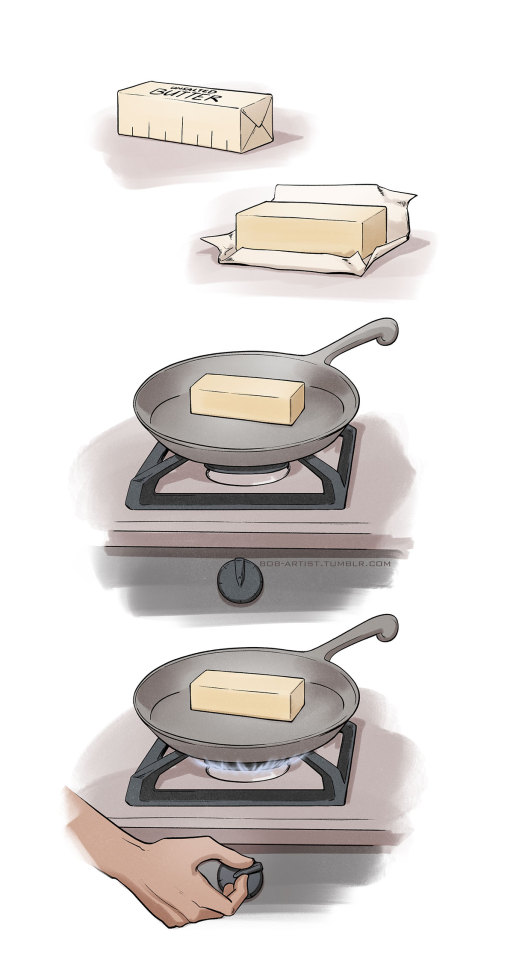
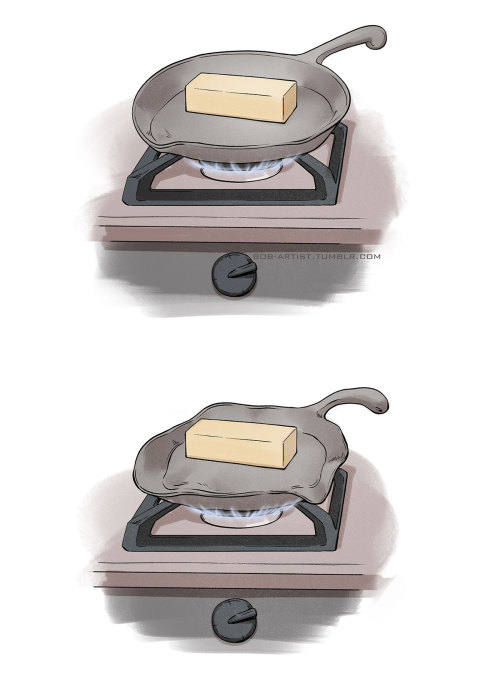
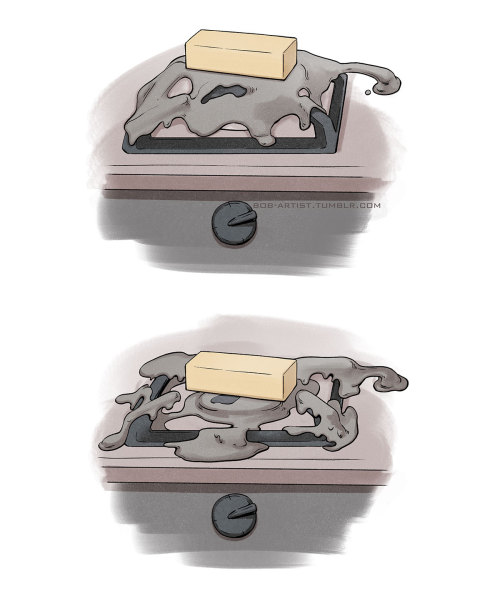
I had an upsetting dream last night.

Rediscovery of the skink Sphenomorphus anomalopus (Boulenger, 1890) (Squamata: Scincidae): first documentation of its natural history and live coloration
Abstract
The rediscovery and photographic documentation of Sphenomorphus anomalopus from Gunung Leuser National Park in North Sumatra, Indonesia, after a 109-year hiatus allowed us, for the first time, to observe its behavior and assess its microhabitat. Historical descriptions of this species’ coloration were never based on live material and, as such, did not convey the vibrant and contrasting nature of its lemon-yellow, orange, reddish, and greyish pattern configuration. Its color pattern and possible sexual dichromatism are described based on seven males and one presumed female photographed in situ. A short observation period clearly indicated that S. anomalopus is not an arboreal species, as had been previously hypothesized, but a terrestrial species that forages in rock-strewn leaf litter in sun-exposed localities, such as beneath canopy gaps and other open areas like many other terrestrial skinks.
Read more: Rediscovery of the skink Sphenomorphus anomalopus (Boulenger, 1890) (Squamata: Scincidae): first documentation of its natural history and live coloration | Zootaxa


the shrine grows


Another CatNap animation I have done ! This is one is... my greatest work, by far, and the one I'm most known for. This was so thrilling to manage to make such a complex scene by myself, and to animate it the way I had it in mind, especially Catnap I'll aim to provide more animations like that in the future
Below is the version with audio and some final adjustments







Dorothy picture book art




Aika's fine guys dw




Aika's fine guys dw






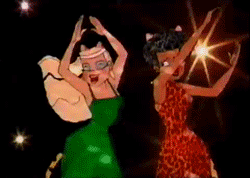
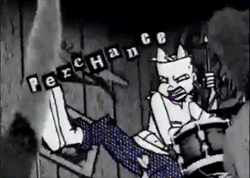
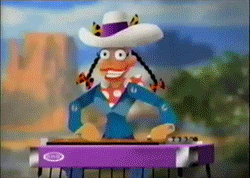




Josie and the Pussycats in “Musical Evolution” x
Coolest promo ever created


@expiredidealist




Man I’m a graphic designer why the fuck do I have to explore the Tomb


The evil tickle monster








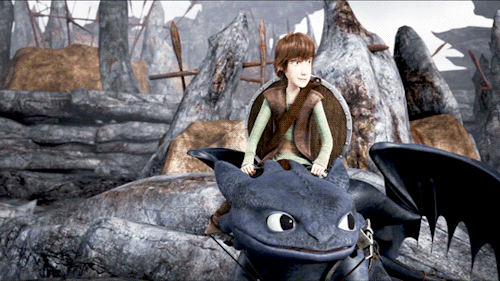




The full saga from this post of mine. President Bishop, pinnacle of keeping his thoughts to himself, and Dr Stockman, as loud as he is clingy. I wanted to have all the drawings in one place :)
Ngl, trying to draw them both so many times was a harrowing challenge. You’d think by now I’d have them down 😅
Woah guys did you know my commissions are open btw. That’s crazy

"Ginseng Roots is part systems exploration, part cultural history — but most uniquely, it is an exercise in journalistic listening as an act of devotion." —Thi Bui, author of The Best We Could Do
The new graphic memoir from the author of Blankets, one of Time magazine's top 10 comics of the decade.
"This is Craig Thompson's masterpiece." —Joe Sacco, author of Palestine and Paying the Land


My cartoon for this week’s New Scientist

Happy Mother’s Day!
(My cartoon for this week’s Guardian Review)


Some sketchbook ravens and the cartoon they ended up in.
www.tomgauld.com/art-for-sale